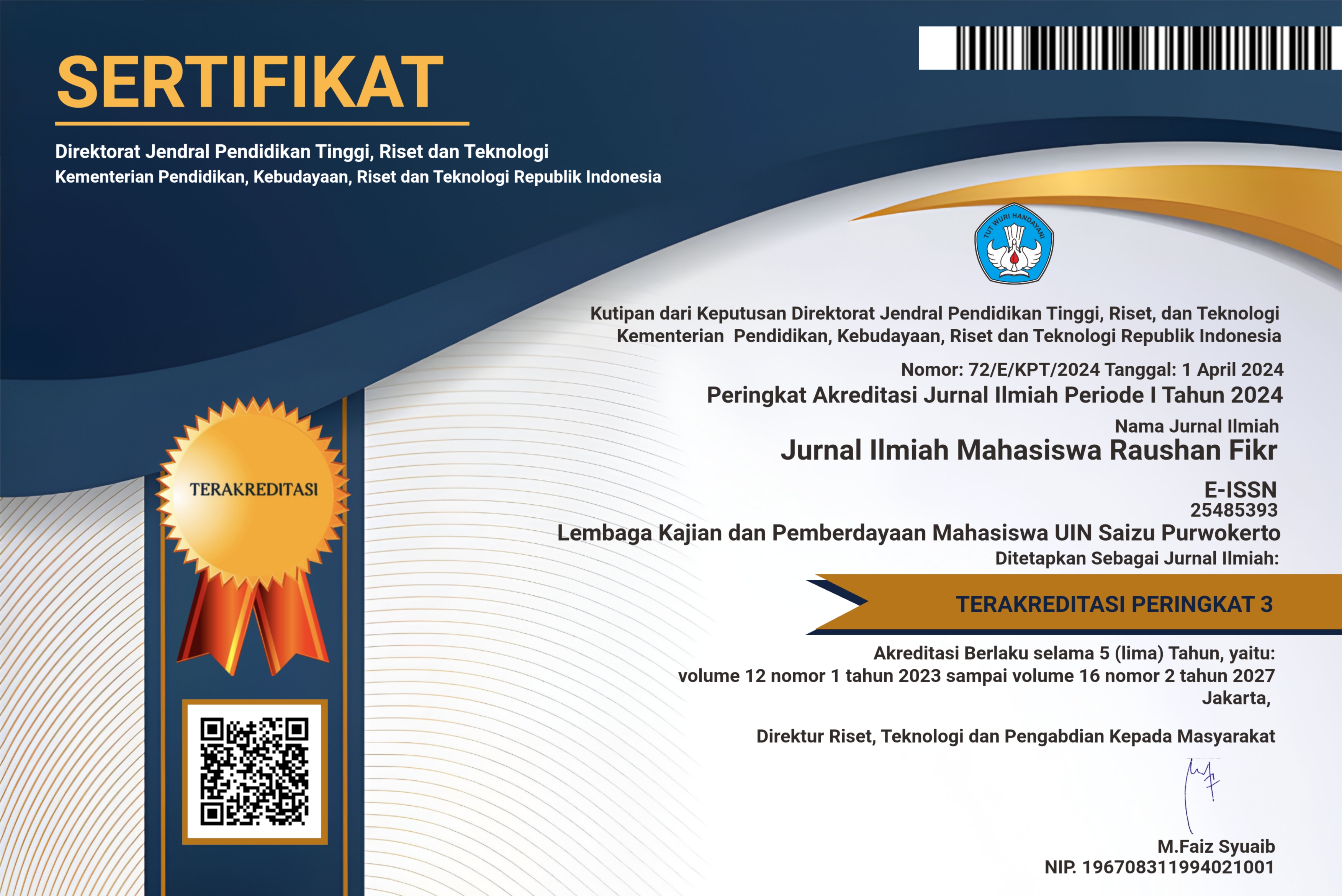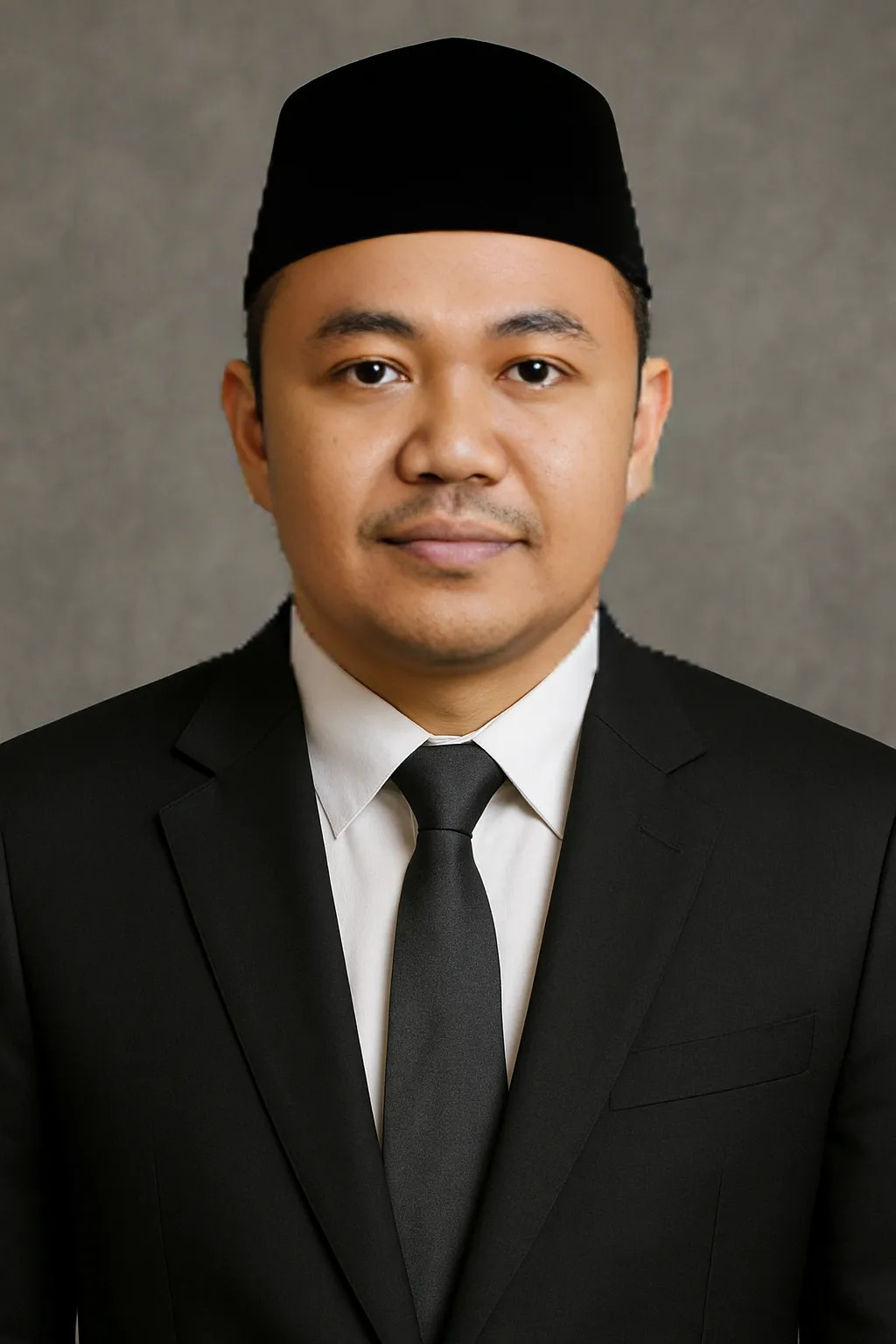PENDIDIKAN AKHLAK BERWAWASAN INTEGRATIF INKLUSIF
DOI:
https://doi.org/10.24090/jimrf.v8i2.6828Keywords:
Pendidikan Akhlak, Berwawasan, IntegratifAbstract
Integrative-inclusive morality education can be interpreted as a formulation of a moral education process that is carried out broadly and holistically. Moral education materials can synergize with all subjects, can synergize with school culture, estrakulikuler activities and synergy with the community. It is said that the integrative scientific structure does not mean that the various sciences are merged into an identical form of science, but rather the character, style, and nature of the science are integrated in the unity of the spiritual material dimensions, revelation, general science of religion, physical and spiritual world, and the world hereafterDownloads
References
Yunahar Ilyas, Kuliah Akhlaq, (Yogyakarta: Lembaga Pengkajian Dan Pengalaman Islam, 2002).
Ahmad Royani, Pendidikan Akhlak Aplikatif Integratif di Sekolah, Dalam Jurnal Fenomena, Vol. 14 No. 1 April 2015.
Nasri Kurnialoh, Pendidikan Agama Islam Berwawasan Inklusif-Pluralis, Dalam Jurnal Insania Vol.186, No. 03, September-Desember,
Siti Mutma’inah, Pendekatan Integratif:Tinjauan Paradigmatif Dan Implementatif Dalam Pembelajaran Fikih Di Madrasah Ibtidaiyah, Dalam Jurnal Elementari Vol. 5 / No. 2 / Juli-Desember 2017.
Downloads
Published
How to Cite
Issue
Section
License
Authors who publish with this journal agree to the following terms:
- Authors retain copyright and grant the journal right of first publication with the work simultaneously licensed under a Creative Commons Attribution-NonCommercial-ShareAlike 4.0 International License that allows others to share the work with an acknowledgement of the work's authorship and initial publication in this journal.
- Authors are able to enter into separate, additional contractual arrangements for the non-exclusive distribution of the journal's published version of the work (e.g., post it to an institutional repository or publish it in a book), with an acknowledgement of its initial publication in this journal.
- Authors are permitted and encouraged to post their work online (e.g., in institutional repositories or on their website) prior to and during the submission process, as it can lead to productive exchanges, as well as earlier and greater citation of published work (See The Effect of Open Access).
















